Graham Reid | | 3 min read
Buddy Guy: Too Broke to Spend the Night
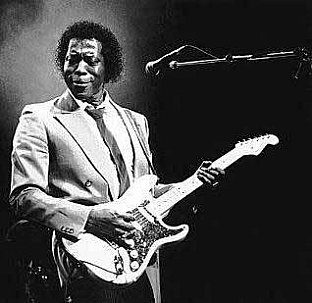
Buddy Guy is talking about his club
Legends in his home town of Chicago. Every Sunday and Monday it is
open for all-comers, just sign at the door, get up there and play
your blues.
Since Guy won a Grammy for his raw and
soulful Damn Right I Got The Blues album this year, he’s seen a few
more up-and-corners through the door.
He remembers when he first hit Chicago
in the Fifties, "a million clubs and two million guitarists,”
but now drinkin’ and drivin’ and drugs have killed off this once
vital blues scene. So Guy keeps Legends open for the kids coming up.
"Well," says this sprightly
sounding, fiftysomething guitarist/singer who gets audiences
stomping, “ain’t no one going to come up to you in any city and
offer you a job. You got to knock on doors and go looking for it . .
. but if I can help, then I guess I should. This music’s been good
for me.”
Yet there are double ironies in that.
Not only did the music industry ignore
Guy for a dozen years until he upstaged Eric Clapton at an Albert
Hall concert and scored a contract to record Damn Right I Got The
Blues . . . but somebody did come up to Guy on the street back in the
Fifties and offer him a job. That someone was Muddy Waters, and Guy
was just a kid from Louisiana with a guitar and an attitude.
Buddy Guy’s career is a walk through
blues history.
Waters found him adrift on the streets
and hungry, asked if he could play that guitar he was carrying and
got him his first playing job in Chicago.
The late Willie Dixon -- Chess Records
producer and writer of Little Red Rooster and dozens of classic blues
songs – took the young Guy into his charge and by the time the
Sixties rolled around – Clapton and Jeff Beck (both of whom appear
on Damn Right along with Mark Knopfler and others) were name checking
Guy and playing alongside him.
Through the Seventies and Eighties,
when blues went into decline in the public perception, Guy just kept
doing it, through Europe, the festival circuits, with harp player
Junior Wells . . . anywhere he could get a gig.
“I never said no to playing because
that is what I just love to do. And there’s not many of us left
now, so there’s pressure on me because people say, ‘Who's going
to do it if you don’t?’
"But all through those years when
I wasn’t recording I figured if I travelled and played it would
happen for me again. I was there and available but those record
companies weren’t interested."
“It’s thanks to the late Stevie Ray
Vaughan, Beck, Clapton, and Bonnie Raitt this music is getting heard
again. When they speak, people in record companies listen, and when
John Lee Hooker got those Grammys they recognised this stuff could
sell and they had been overlooking it.
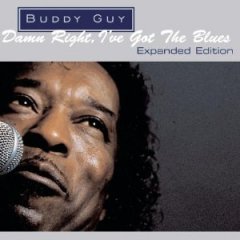 “And most blues people aren’t
expensive to record. We love the music and just want to get it out
there. It don’t cost $20 million to record and promote a blues
album, we do it cheap and it sells itself.
“And most blues people aren’t
expensive to record. We love the music and just want to get it out
there. It don’t cost $20 million to record and promote a blues
album, we do it cheap and it sells itself.
"Although I did learn in my early
days that record companies might not pay you!"
The phenomenal success of Damn Right –
one of the few albums where Guy has been offered time to rehearse
and do retakes - has brought Buddy Guy’s name back to its rightful
place in the rollcall of great blues artists.
And this man -- who at every
opportunity deflects praise on to those heroes, black and white, who
have created this music -- still says he has something to prove,
Grammy award notwithstanding.
“I have a couple of shots of cognac
before I go on but don't party anymore, I have to be in good shape to
give everything to my next show. I try to do a job that won’t be
forgotten.
“My motto now is: if you don’t know
what the blues is or don’t like it, then don’t come and see me .
. . I'll convince you.”
Like this? Then check out the interviews, reviews and overviews at Blues in Elsewhere.

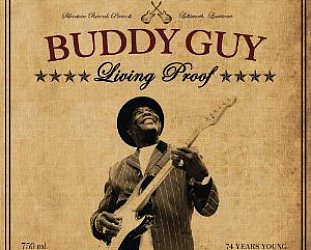
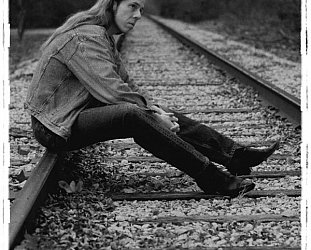
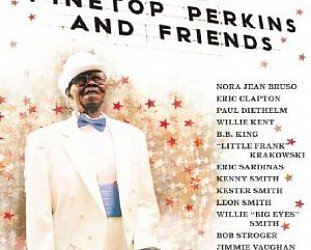
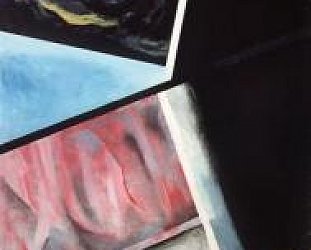
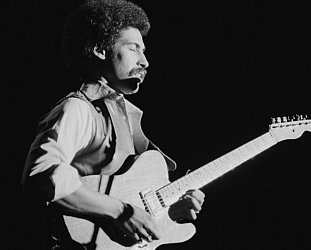
post a comment